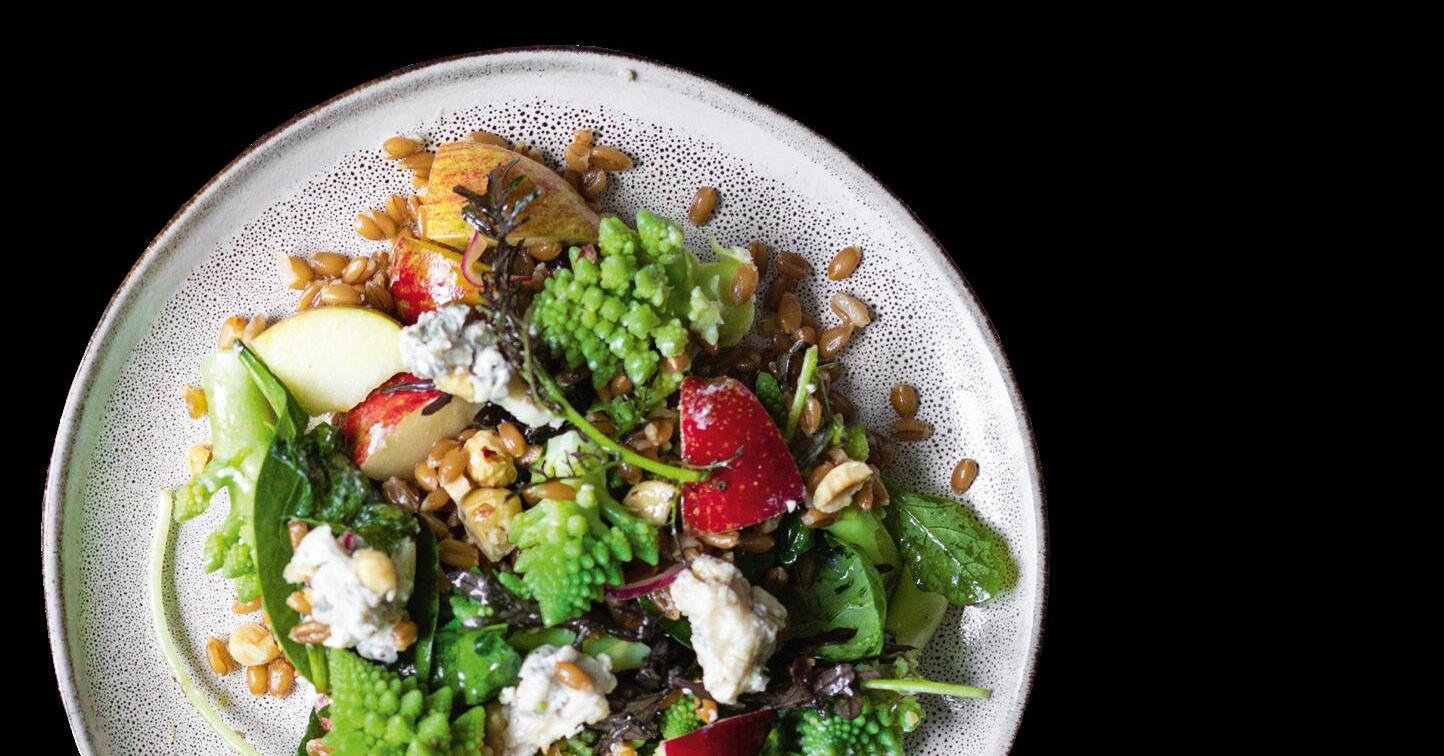
1 minute read
The end of the food influencer?
Three years’ ago, I wrote about how Instagram changed the way I cook and use recipes.
Instagram is full of aspirational content; picture-perfect food with heavily stylised recipe shots, immaculate kitchens, and more often than not, the beautiful, slim, white women behind them. It was all a little shallow and unrelatable – after all, who spends an hour making sure every sesame seed and slice of avocado in their salad bowl is perfectly placed?
Fast forward a couple of years and there’s a new app in town. Based on users uploading short videos, TikTok’s success has skyrocketed, and with it has come a new era of recipe content made by everyday home cooks.
With its own reinvented algorithm, TikTok is a space where anyone’s food video can go viral, and unlike Instagram, it doesn’t need to look aesthetically appealing. Raw, messy, in-the-moment content does best, and for high views you don’t have to make beautifully curated plates of food, or even take a good video.
Instead, people respond to relatable,
Seeing home cooks is such a relatable and accessible trend that I’ve recently created my own food account (@goodmuudfood on Instagram). I was making videos anyway in my role as Riverford's social media manager, many of which used my own recipes. I think what people like is that it’s food they would actually make. My recipes are built around everyday ingredients and I’m a big fan of ‘things on toast’. I think the key is showing how you can try new things every day, while still keeping it simple.
The community of online cooks has grown so much that recipe brand Mob has even developed its own app, Peckish, where anyone can share their recipes (imagine Instagram, but solely for food and where each post has a recipe attached).
It’s yet to be seen whether the era of the home cook spells the end for polished influencers. TikTok is certainly not immune to the push to sell – TikTok Shop is set to be a big focus for 2023. But perhaps, before that takes off, its relatable style might bring a little cooking confidence into the phones and the minds of its young user base – and if that sparks a new generation of home cooks, that is no bad thing.










